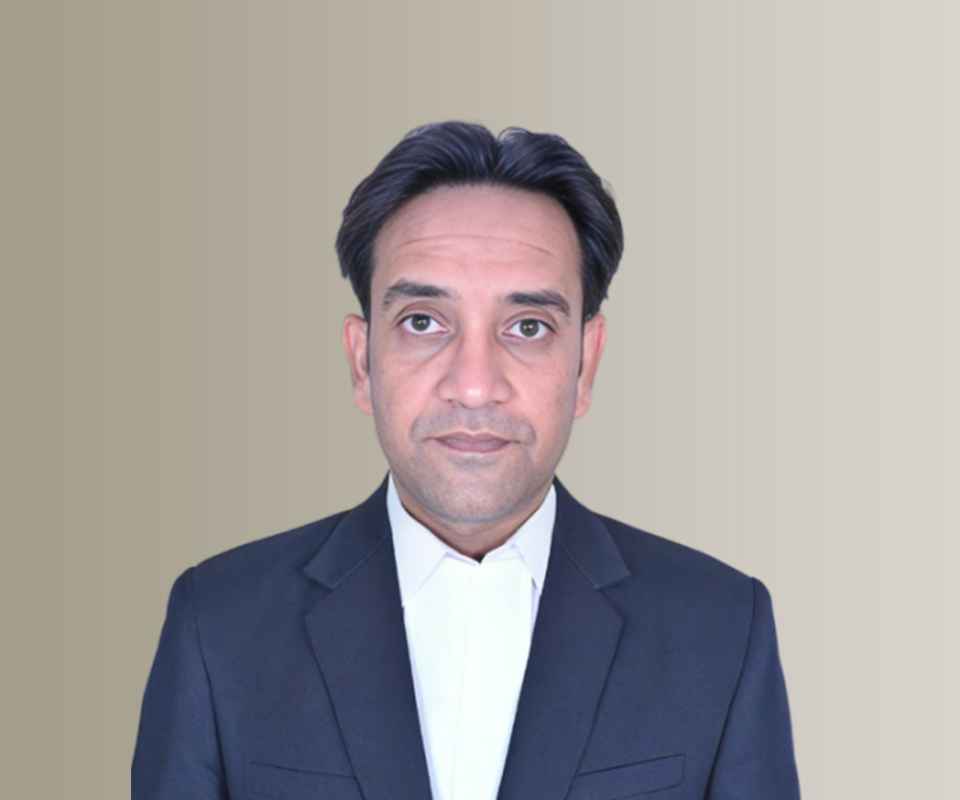Answer By law4u team
Government audits of hospital claims are critical in ensuring that healthcare providers follow the appropriate billing practices and regulations. These audits help prevent fraud, ensure that reimbursements are accurate, and that hospitals comply with legal and regulatory standards. By auditing claims, the government can detect overbilling, billing for services not provided, or non-compliance with healthcare policies.
Steps to Audit Hospital Claims:
Data Collection:
The government begins by collecting hospital billing data, including claim forms, medical records, and invoices submitted by healthcare providers for reimbursement.
They gather this data from various sources, such as Medicare, Medicaid, and private insurers.
Verification of Medical Records:
Auditors cross-check the medical records to ensure the treatment provided aligns with the claims made.
They check whether the codes used in billing correspond to the medical services rendered.
Review of Billing Practices:
The government reviews the billing codes used by the hospital to ensure they are appropriate and follow the established coding systems like ICD-10 or CPT.
Hospitals must prove that the charges are accurate and reasonable for the services provided.
Assessing Compliance with Regulations:
Auditors ensure the hospital complies with regulations such as HIPAA, Medicare, and Medicaid guidelines. This includes ensuring that the claims are not fraudulent and are within the scope of the covered services.
Spot-checking for Fraudulent Activities:
Auditors may perform random checks or use advanced data analytics to identify outlier patterns that could indicate overbilling, unnecessary procedures, or other fraudulent practices.
On-Site Inspections and Interviews:
In some cases, auditors may visit hospitals to inspect records or interview healthcare staff to verify the accuracy of claims.
They may also look at the hospital’s internal procedures to ensure compliance with billing practices.
Follow-up and Resolution:
After the audit, any discrepancies found may lead to further investigation. If fraudulent or incorrect billing practices are detected, the hospital may be required to pay back overpayments or face penalties.
Legal Actions and Protections:
Penalties and Fines:
If the audit reveals fraudulent claims, the hospital can be fined or required to pay restitution. In some cases, criminal charges may be filed if the fraud is severe.
Corrective Actions:
Hospitals may be required to correct their billing practices, undergo additional audits, or provide staff training to ensure future compliance.
Appeals Process:
Hospitals have the right to appeal the audit findings. This involves presenting evidence to refute any inaccuracies or discrepancies noted by the auditors.
Example:
If a hospital submits a claim for a surgery that was billed as complex when it was a routine procedure, the government audit would:
- Cross-check the hospital’s medical records, including the surgeon’s notes and patient records, to verify the complexity of the surgery.
- Compare the billing codes used with the procedure that was actually performed.
If discrepancies are found, the hospital may be required to refund the overpaid amount or face penalties.
If the audit reveals intentional overbilling, the hospital could face criminal investigation for healthcare fraud.







